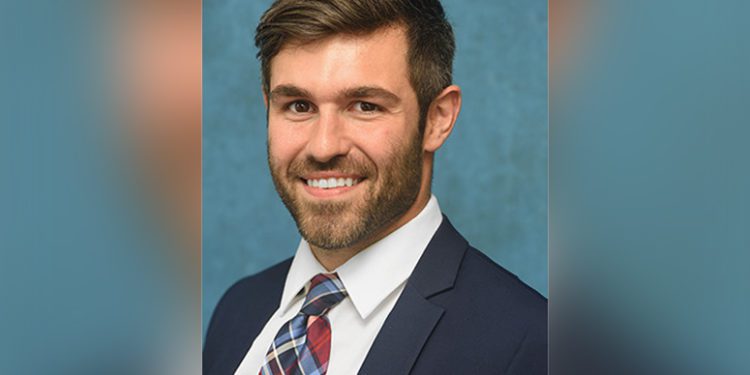Illinois State University (ISU) has hired David Kirk to run its new esports program.
Prior, Kirk was the assistant director of esports at the University of Akron in Akron, Ohio. His transition to ISU was twofold: first, he had received his master’s degree from ISU coupled with two years of professional work in Campus Recreation. “I was someone already familiar with and connected with the campus community, but I was also one of only a few collegiate esports professionals to build a comprehensive, open and accessible program from the ground up with the sole goal of student engagement,” he said.
Second, Kirk explained ISU’s esports program was looking to adopt the same style developed and implemented at Akron. Kirk calls it the “Michael Fay Model” after the previous director of esports at the university. “Although I’m sure others had toyed around with the idea of building out a comprehensive, all-inclusive program, he and our team at Akron were the first at a university to actually implement this type vision through the development of varsity, club, and recreational gaming opportunities, programming and facilities,” he said. “This vision is something I have always shared and is what initially drew me to the University of Akron.”
That is his vision for esports at ISU — to replicate the success at Akron. Kirk shared that at Akron, they engaged 2,200 unique students over the course of a semester. While there is already a strong and well-ran club presence for esports at ISU, due to the leadership of Jack Blahnik and the current team, Kirk plans to build out the varsity club, as well as recreational gaming and experiential learning opportunities.
In light of the move to ISU, he did share the top three lessons he learned while part of the esports program at Akron:
- Students need to either be involved or updated along the way. While it can be a challenge, because students are often juggling so many things, student leaders are key in esports.
- Constantly updating technology and making sure your system is secure is challenging. So, it’s key to have a knowledgeable team. “In a world where games update weekly, finding a way to ensure your PCs can keep up with that schedule took a lot of trial and error, especially since most of the IT was left to our internal esports staff,” said Kirk. “While I have a tremendous IT support team here at ISU to ease that burden, having this knowledge has been helpful in navigating them through how our open gaming facilities here will operate.”
- Aim for participation of underrepresented groups. Kirk shared they used targeted programming, but said utilizing other university resources and programs could have been a valuable tool as well. “As our programs develop here at ISU, this is something on the forefront of my mind and will be guiding many of the decisions we make,” he said.
Beyond lessons learned and his own career, it really comes down to the students and preparing them for what is next, as the future of esports seems bright with it being a multi-billion-dollar industry. Companies in this industry are looking for qualified individuals. Through multiple collaborations and academic integrations, he plans to give participants skills that can translate across the board. “By building out a community of gamers and not just focusing on the top tier competitors, you provide the environment for students to get those much-needed skills, while at the same time getting the in-class knowledge they need to excel,” shared Kirk.
Did you catch David Kirk in Campus Rec’s first every Digital Roundtable, with a focus on esports? Click here for the full show.










